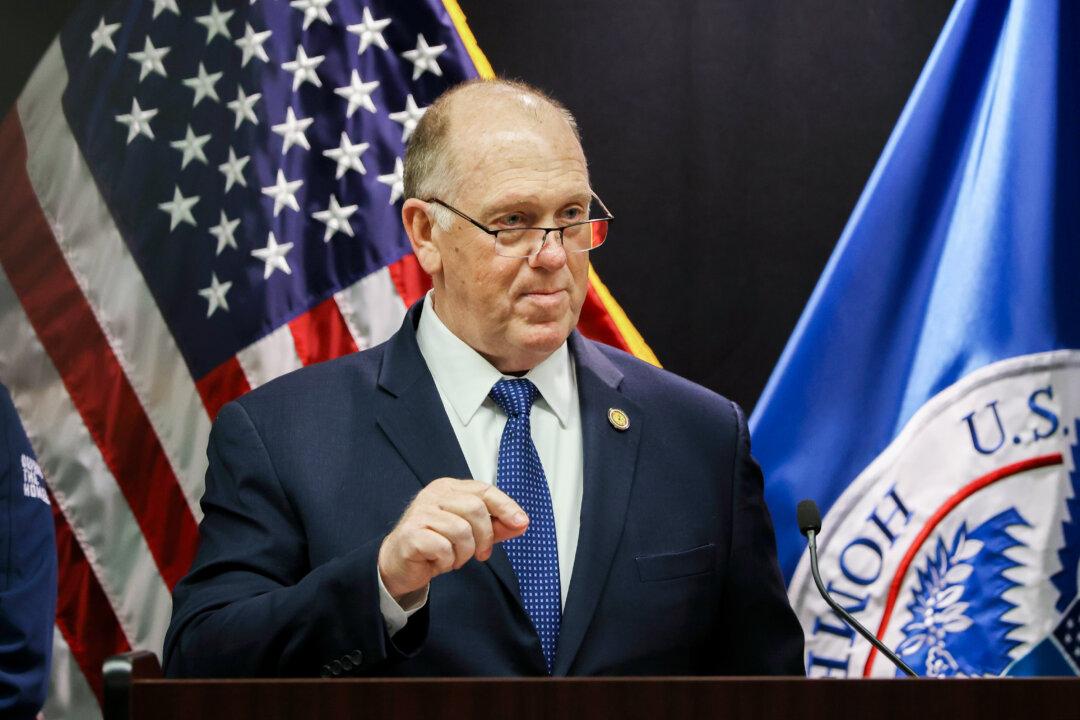Texas state agencies may no longer invest funds in companies that boycott oil and gas companies, Texas Comptroller Glenn Hegar said on March 21.
As of March 16, Hegar had written to 19 major international investment firms like JP Morgan, Credit Suisse, and Blackrock, asking them to clarify their policies on fossil fuel investments. Companies have 60 days to clarify their position on fossil fuel companies. Any company that fails to reply will be assumed to be boycotting oil and gas companies and added to a final list.





